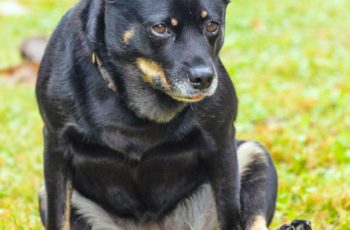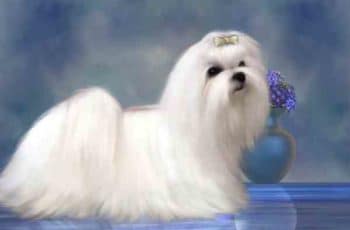Are you trying to decide between the Jindo and the Shiba Inu for your next pet? Though these friendly dogs are similar in look and size, they are actually vastly different in terms of the breed. It is important to consider the differences and similarities carefully before adopting a new dog breed. After all, the dog will need to suit both your lifestyle and your home.
Both the Jindo and the Shiba Inu have many of the same characteristics, but their personalities are dramatically different. Both breeds have a low to moderate level of maintenance needs which makes them perfect for low-energy pet parents. The Shiba Inu is more sensitive and behaves almost like a fancy cat while the Jindo acts like your typical dog. For those who live in the city or a small apartment, Shiba Inu dogs are the best option.
For those looking to add a new furry friend to the family or those who just want to compare breeds, our comprehensive guide has all of the information you need. We will cover the differences as well as the similarities so you can decide which dog breed will best fit your lifestyle. To find out more about Jindo and the Shiba Inu, and which one is the best for your family, keep on reading.
What Does a Korean Jindo Dog Look Like?
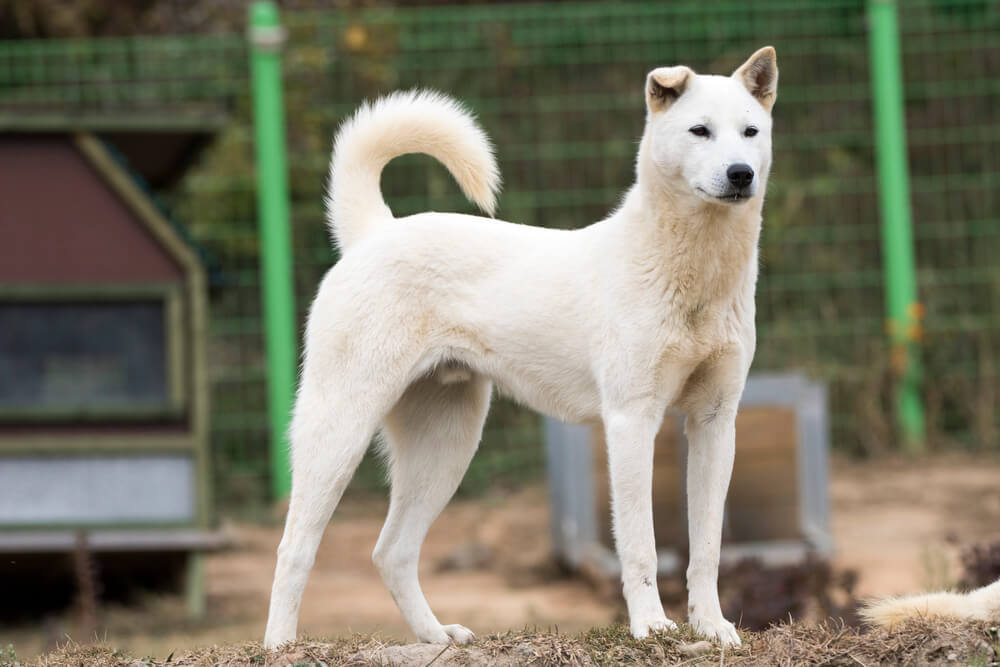
The Jindo dog is an indigenous dog native to Jindo Island in South Korea.
Jindo dogs are lean in stature and have a very fox-like head shape. They tend to be a single color as opposed to dual-toned like the Shiba Inu. Its body is very muscular, and its facial expressions tend to look more serious even when the dog is playful.
What Does a Shiba Inu Dog Look Like?
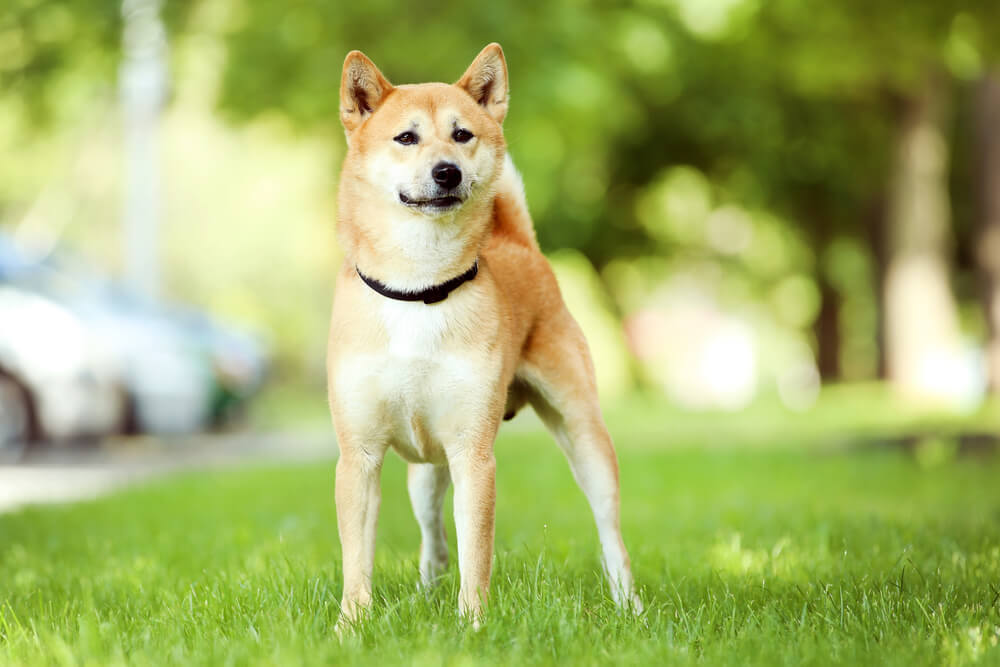
Fiercely independent, the Shibas do not crave excessive attention or coddling like other dogs.
The Shina Inu or the Shiba Ken as the Japanese refer to them, has a stocky stature and trademarked fox-like features to make it distinct. Though it has a few color variations, the most common is a reddish-brown topcoat with a cream underbelly. The eyes are dark brown and slightly almond-shaped with a lush coat of fur.
What is the Difference between a Jindo Dog and a Shiba Inu?
Jindo and the Shiba Inu
are both Spitz-type dogs that feature fox-like features and double coats. There are ways to tell them apart, however. Jindo dogs tend to have lighter coloring, leaner bodies, and a less rounded appearance. Shinu Inu dogs are much fluffier, shorter in stature and have a deeper coloring to their fur.
Shiba Inu Breed
Jindo Breed
Shiba Inu vs Jindo: Differences and Similarities
History
Jindo dogs are bred to be hunting dogs. There is no written record of their origin, but they are thought to come from the Korean island of Jindo. Their breed line is thought to be a mix of Mongolian dogs that can amount during the 13th-century invasion. Due to strict regulations, very few purebred Jindo are found outside of Korea.
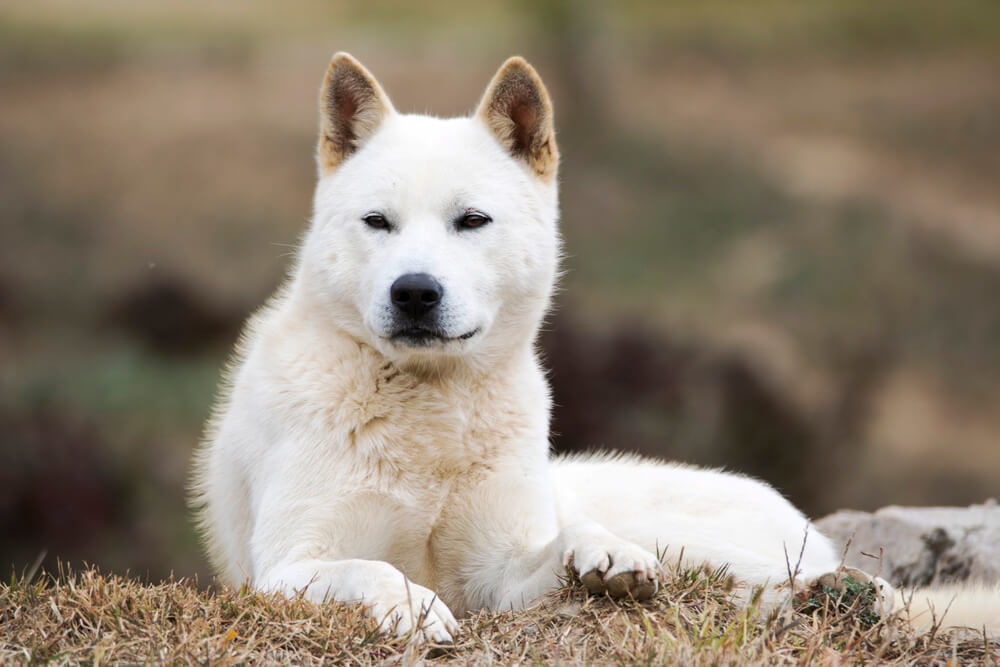
The Jindo is regarded as brave, intelligent and fiercely loyal to its master.
The Shiba Inu was also bred for hunting, however, it hails from Japan. The breed comes from a pure line of Akita and Hokkaido breeds. It was almost wiped out during WW3, however, the numbers were able to recover.
Temperament
Jindo dog breeds are as loyal as they are gentle. They do have a high level of energy and love to play. Most often this breed is used as a working dog in the police department or military due to their special personalities. They can be very hard to train which makes them a poor choice for new dog owners. They abhor water so it is a good idea to keep that in mind when considering the breed.
Shiba Inus are very independent dogs that enjoy spending time alone as much as they love spending time with their owners. Too much interference in their routine can cause them to be aggressive.
Cost
Jindo and Shiba Inu breeds are not widely available in many places, however, they are not as costly as you may think. Jindo pups pricing starts at $800 and can go as high as $1,000 for a single dog.
Shiba Inu puppies pricing starts off at $1,400 for partially registered pups and can go as high as $3,500 for a fully registered dog.
Grooming Needs
Both the Jindo and the Shiba Inu are not hypoallergenic dogs, and they lose their puppy coats between 4 and 6 months of age. The Jindo has dense hair and will shed seasonally, usually in the spring and fall.
It is a good idea to groom them professionally towards the end of every season.
For double-coated dogs like the Jindo and Shiba, a pin/slicker brush, dematting comb and a large deshedder tool like the Furminator when grooming during times of heavy shedding works best.
When they’re not shedding heavily, a weekly brushing using a comb and pin brush will keep shedding to a minimum.
Average Lifespan
Both breeds have an average lifespan of 12 – 15 years. A balanced diet and proper care will ensure they are able to live full lives with few to no health complications.
Trainability
Jindo dogs have a high level of intelligence and a fierce sense of loyalty. They are strong-willed and can be hard to train if you don’t have prior experience.
Shina Inus are very independent which can make them difficult to train. It takes time, and patience to train them for socializing.
Barking Habits
Jindo dogs are generally silent by nature. The only time they bark is if they are provoked.
Shiba Inu dogs, on the other hand, are very vocal dogs and tend to bark and yip when they are excited or even when they want attention
Exercise Needs
Jindo dogs need plenty of physical activity in order to stay fit. They are small, but they have a high sense of duty and a fast metabolism that lends them hours of energy to burn each day. If they are not given enough attention or exercise, they may run wild.
The Shiba Inu needs daily exercises such as a daily walk or run, but they don’t need as much as Jindos.
Behavior with Small Children and Other Pets
Shiba Inus are not very good with other dogs because they are very independent by nature They are good with children if they are trained in socialization early.
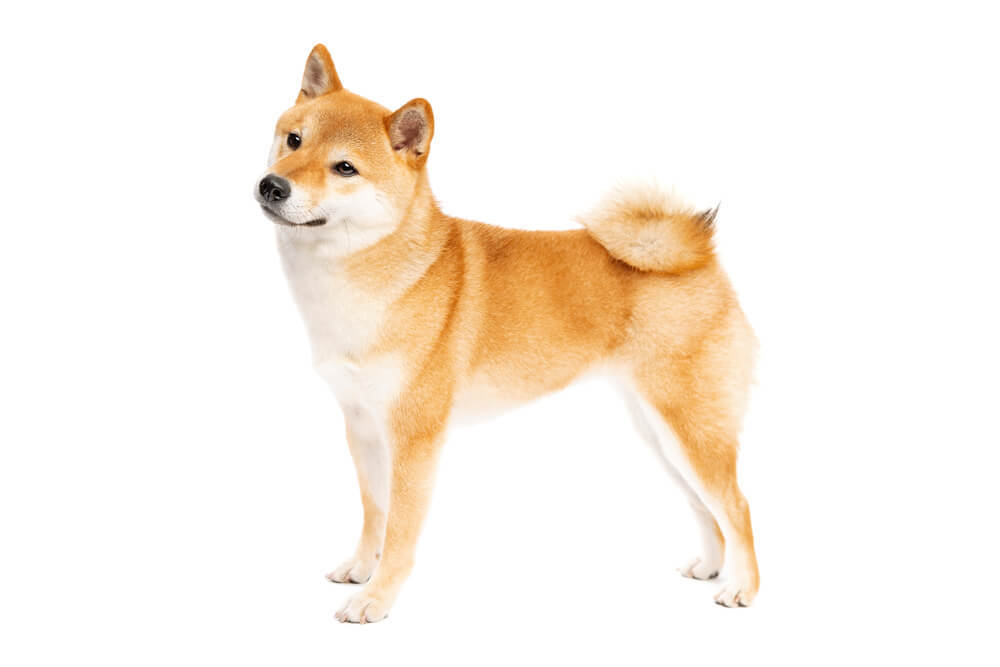
Shibas get along best with their own breed but are at their happiest in their own company.
Jindo dogs are tolerant of other dogs, when exposed to them early on and get along well with older children.
Health Problems
Neither breed has any known genetic health problems. However, it is important to keep an eye out for general problems that may befall any dog as they age such as dental decay or hypothyroidism.
Diet
The Shiba Inu should never have sweets or spicy food as it may have a negative effect on its digestion. High-quality pet food or freshly made meals from home that are balanced are ideal.
Jindo dogs are very active and need a diet that is rich in vitamins and protein. Commercial dog food specially formulated will work in addition to home-cooked meals.
Should I Get A Shiba Inu Dog?
A Shiba Inu is a loyal pet that will make a great companion for a seasoned dog owner. They are very independent and also headstrong, so if you are a new pet owner, they may not be the best option.
However, if you don’t have other dogs in the home and have time available to dedicate to training, Shibas will make a great companion.
Should I Get a Korean Jindo Dog?
Jindo dogs are great companions and fiercely loyal. However, they do require an intense amount of interaction with their owners, and it takes a lot of time and effort to train them properly.
Their physical maintenance is moderate, and they are generally healthy, but not an ideal choice for first-time dog owners.
You Might Also Like: 15 Dogs That Do Well Alone at Home

